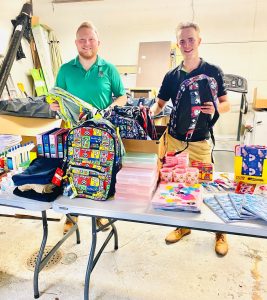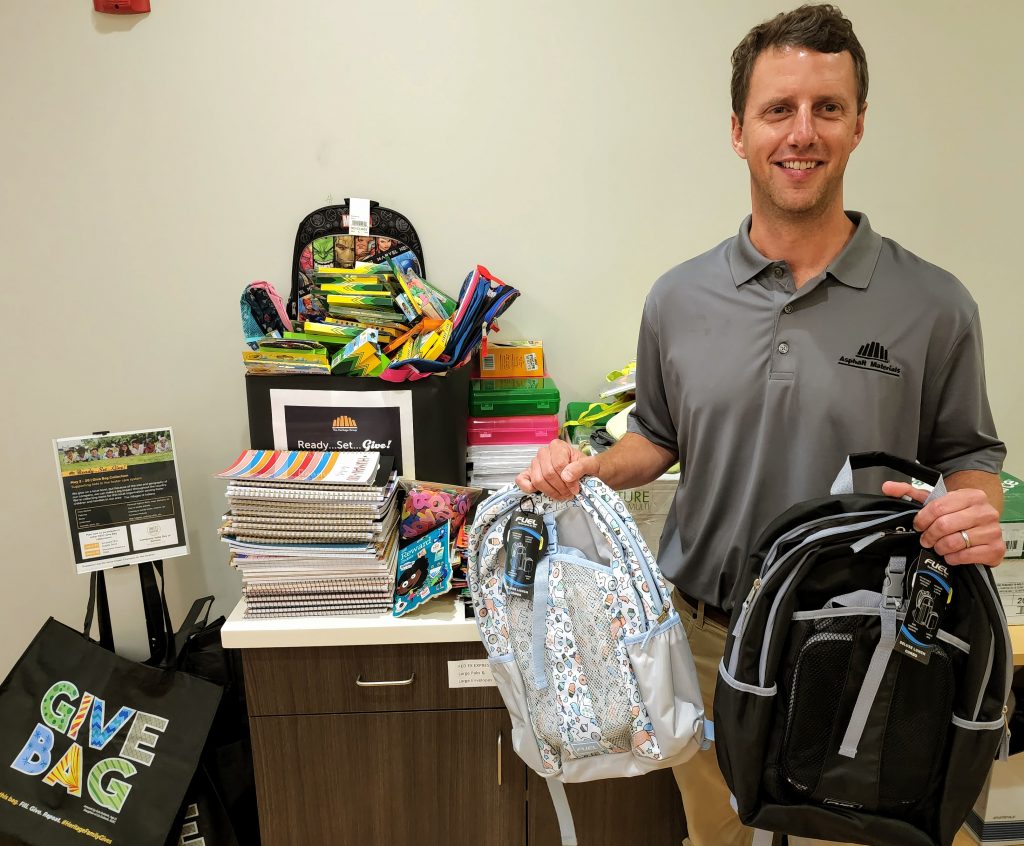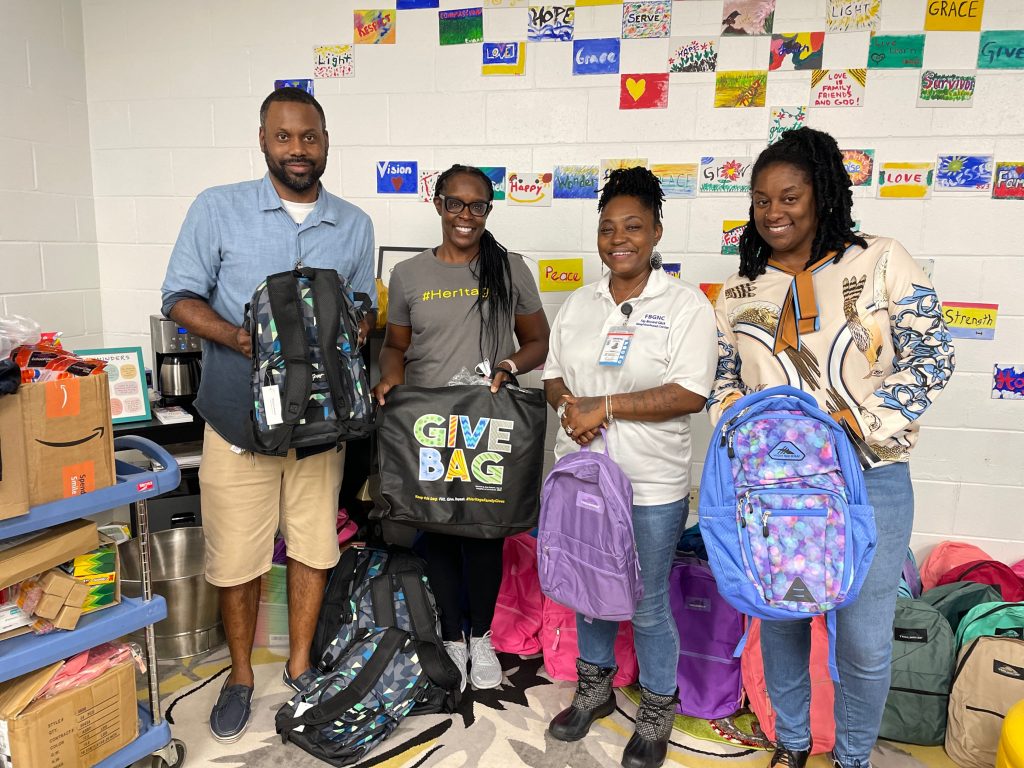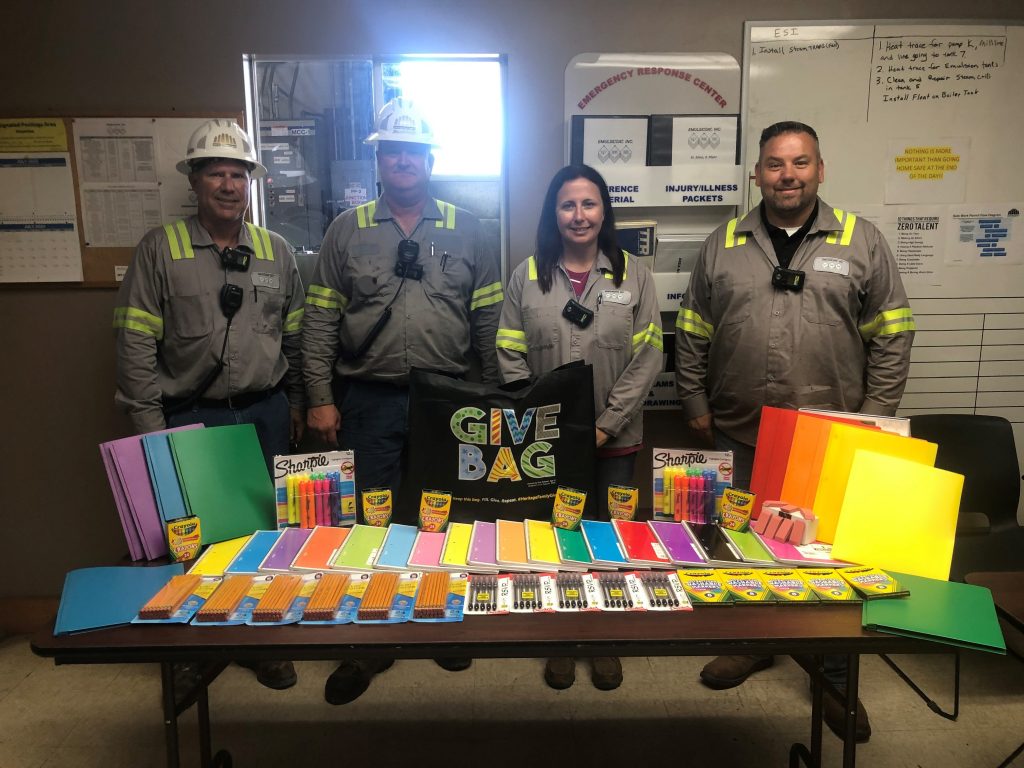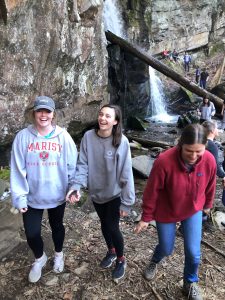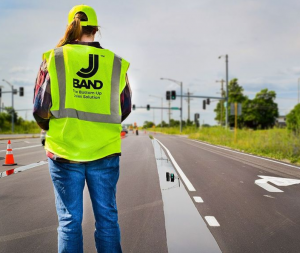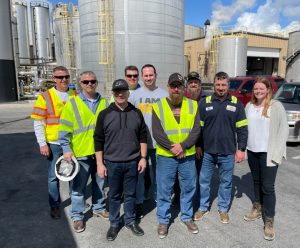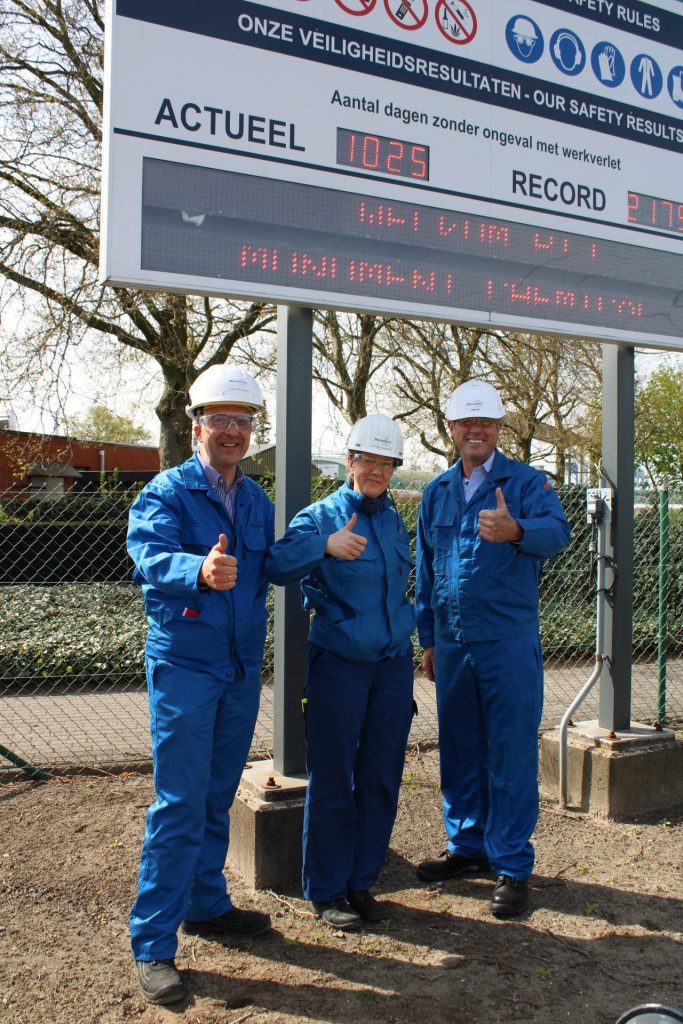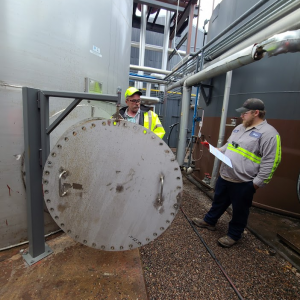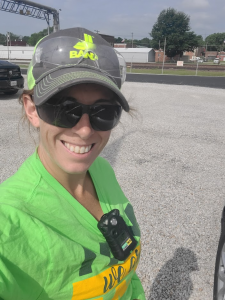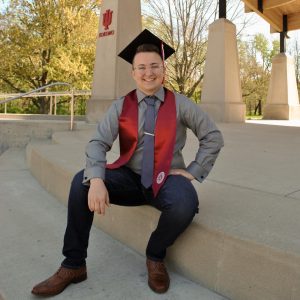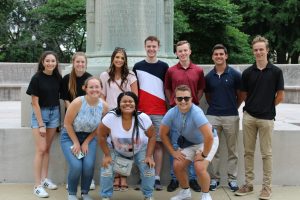On January 16, 2023, Sibel Selcuk assumed the role of Executive Vice President of Heritage Research Group (HRG), returning to lead a segment of the same organization where she began her career 16 years ago. A home-grown expert, we are delighted to bring Sibel’s deep technical expertise, knowledge of the industry, and talent for people-first leadership back to Heritage Research Group in this new role. “Sibel exemplifies all of the reasons we bet on people and is a natural choice to lead this dynamic group,” said Amy Schumacher, CEO of The Heritage Group.
After earning her chemistry PhD at Louisiana State University, Sibel began her career at HRG as a research chemist and most recently served as Vice President, Global Research and Development and Strategy at Monument Chemical, an operating company of THG. Sibel found a moment to reflect on her time with Monument and how it feels to move into the next chapter of her career. What follows is a brief, modified Q&A she gave as she transitioned from her role with Monument Chemical.
How does it feel to leave Monument and begin your new job leading HRG?
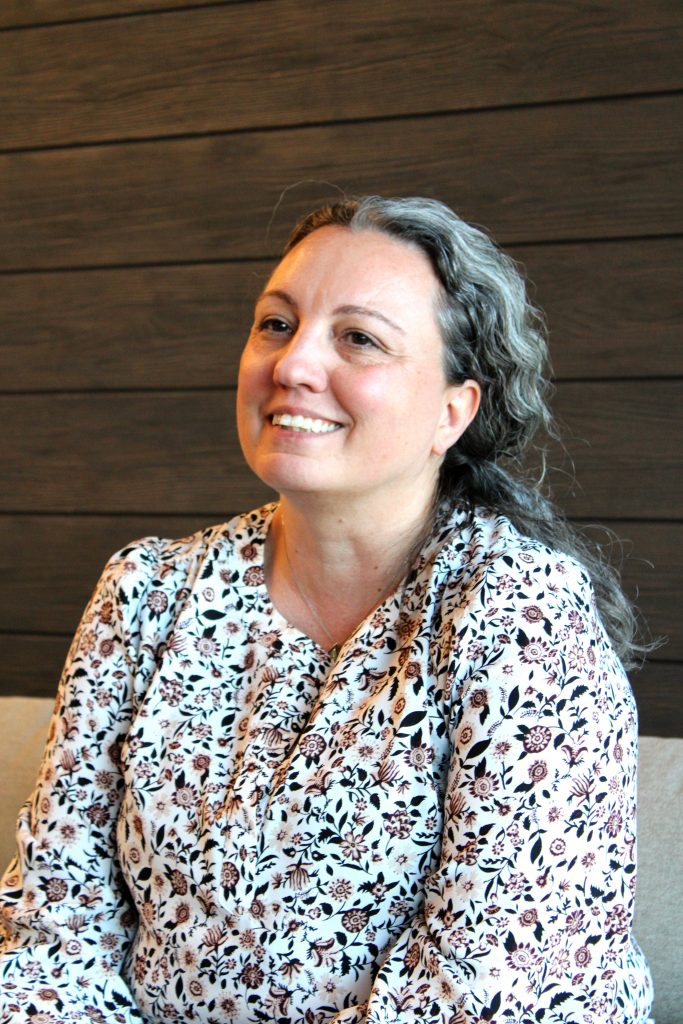 I’m very excited, but it’s also bittersweet. When I joined Monument, I did not envision ever leaving or that I would someday return to HRG. I came to Monument tasked with building a new global R&D organization to boost our collaborative, cross-functional opportunities and enhance our abilities to fuel Monument’s growth. Two years ago, I was asked to be responsible for defining our strategy and identifying our growth levers, and that work was also very exciting to me. I loved my job and the people I got to work with. Monument and HRG will always feel like family to me, and I have this new opportunity because of how much you taught me, helped me grow as a leader, and prepared me for this next step. I look forward to always being part of the Monument and HRG family — you’re stuck with me!
I’m very excited, but it’s also bittersweet. When I joined Monument, I did not envision ever leaving or that I would someday return to HRG. I came to Monument tasked with building a new global R&D organization to boost our collaborative, cross-functional opportunities and enhance our abilities to fuel Monument’s growth. Two years ago, I was asked to be responsible for defining our strategy and identifying our growth levers, and that work was also very exciting to me. I loved my job and the people I got to work with. Monument and HRG will always feel like family to me, and I have this new opportunity because of how much you taught me, helped me grow as a leader, and prepared me for this next step. I look forward to always being part of the Monument and HRG family — you’re stuck with me!
What excites you most about what lies ahead for you with HRG?
It’s very exciting and an honor to return to lead the group I “grew up in.” It’s also humbling, because HRG is such an important part of The Heritage Group’s history going all the way back to Amy’s grandfather, Fred Fehsenfeld Sr., who interviewed me for my first job and became one of my mentors. He understood, as Fred Fehsenfeld Jr. and Amy do, how important R&D and innovation are to The Heritage Group’s future. I’m also very much looking forward to partnering with fellow members of the Heritage Leadership Council to seek future opportunities for HRG and the operating companies to collaborate.
Is your career heading down a path you envisioned, or has it surprised you?
When I was finishing my PhD almost 20 years ago, I pictured myself working as a chemistry professor in Turkey, not as an industry executive in Indiana. In fact, I had two teaching jobs waiting for me in Turkey when I graduated. But I listened to a professor who was advising me when he suggested I look into industry, and here I am. Turns out, it was very good advice.
Speaking of advice, what career advice do you most often share?
My number-one piece of career advice is to not fear change. Change is challenging and can be difficult to manage, but it keeps us moving forward and open to new opportunities. I’ve made some big changes in my life, beginning with leaving Turkey and my family to come to the United States to continue my education. Leaving HRG to join Monument was another big change, and I remember feeling nervous when I started. But I am very grateful I didn’t let uncertainties stop me then or keep me from taking this next step in my path.
As an organization, The Heritage Group is delighted to welcome Sibel back to our HRG team. HRG has played a unique role in the longevity and success of The Heritage Group, helping us innovate and tackle tough problems. As a versatile and experienced leader, Sibel embodies our Heritage values with a forward-thinking approach to innovation and research. In the months ahead, she’ll be working with colleagues new and old to talk, connect, share ideas and work together to build the future of Heritage Research Group.
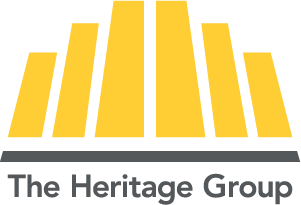
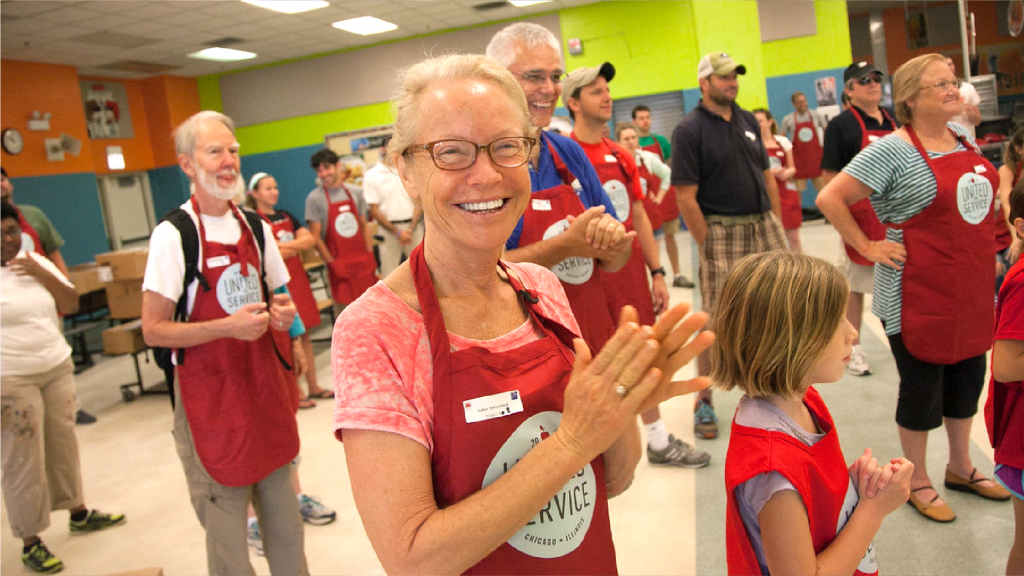
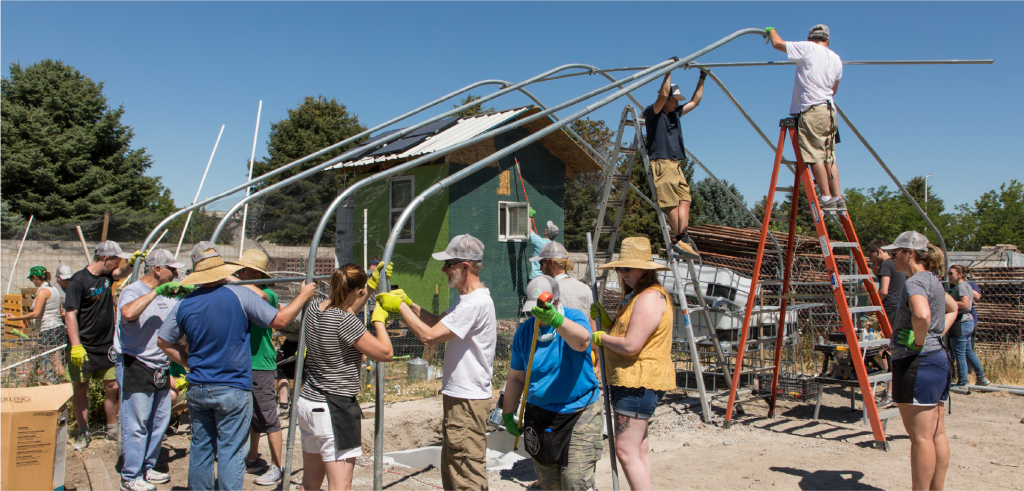
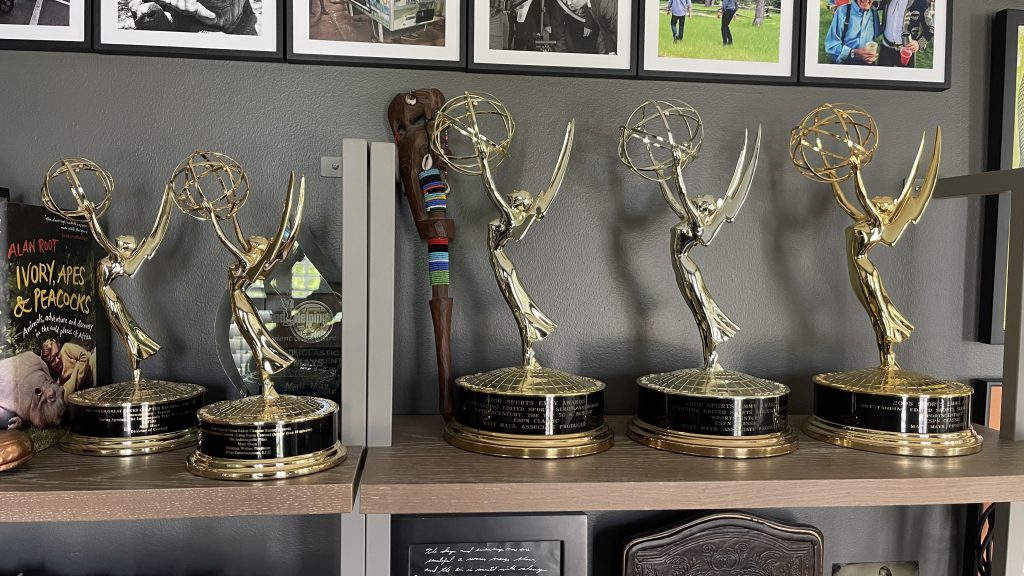
 This 25-year culmination of honing their craft has now landed the pair at The Heritage Group, and their vision for telling dynamic stories is reflected in the work they produce in the many industries of the various operating companies. From training materials to marketing pieces to content displayed throughout the building, Bill works closely with the Marketing and Communications Department as editor for all video production needs of The Heritage Group and its operating companies. Additionally, Bill serves as Multimedia Services Lead, chiefly supporting the audio/visual needs of meetings and events at The Center. Matt produces, writes, and directs video content for THG and its operating companies, while serving in roles related to events throughout the Center. “Thanks to my work with The Indianapolis Prize, I have a perspective of what a lot of natural resources look like in a number of different countries. I know what the issues surrounding environmental struggles are in those places, so I can tell better stories around sustainability,” remarked Matt.
This 25-year culmination of honing their craft has now landed the pair at The Heritage Group, and their vision for telling dynamic stories is reflected in the work they produce in the many industries of the various operating companies. From training materials to marketing pieces to content displayed throughout the building, Bill works closely with the Marketing and Communications Department as editor for all video production needs of The Heritage Group and its operating companies. Additionally, Bill serves as Multimedia Services Lead, chiefly supporting the audio/visual needs of meetings and events at The Center. Matt produces, writes, and directs video content for THG and its operating companies, while serving in roles related to events throughout the Center. “Thanks to my work with The Indianapolis Prize, I have a perspective of what a lot of natural resources look like in a number of different countries. I know what the issues surrounding environmental struggles are in those places, so I can tell better stories around sustainability,” remarked Matt.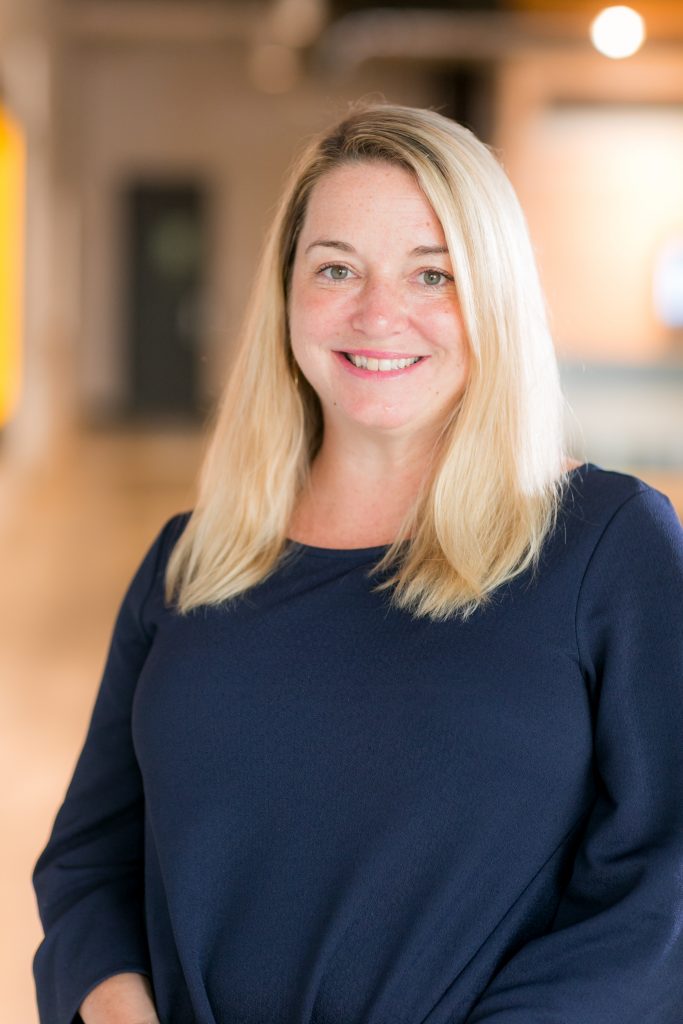 This career shift sent Liz on a path in which she often found herself as the only woman operating within male-dominated industries. Liz leaned heavily on her upbringing and ability to connect with everyone. She noted, “My dad worked in construction and has always been a source of good advice.” That guidance includes being well-versed in the language of construction, over-preparing, and meeting people on their turf. “I learned early on that in order to gain trust and respect, I had to take as many face-to-face meetings as possible,” remarked Liz.
This career shift sent Liz on a path in which she often found herself as the only woman operating within male-dominated industries. Liz leaned heavily on her upbringing and ability to connect with everyone. She noted, “My dad worked in construction and has always been a source of good advice.” That guidance includes being well-versed in the language of construction, over-preparing, and meeting people on their turf. “I learned early on that in order to gain trust and respect, I had to take as many face-to-face meetings as possible,” remarked Liz.